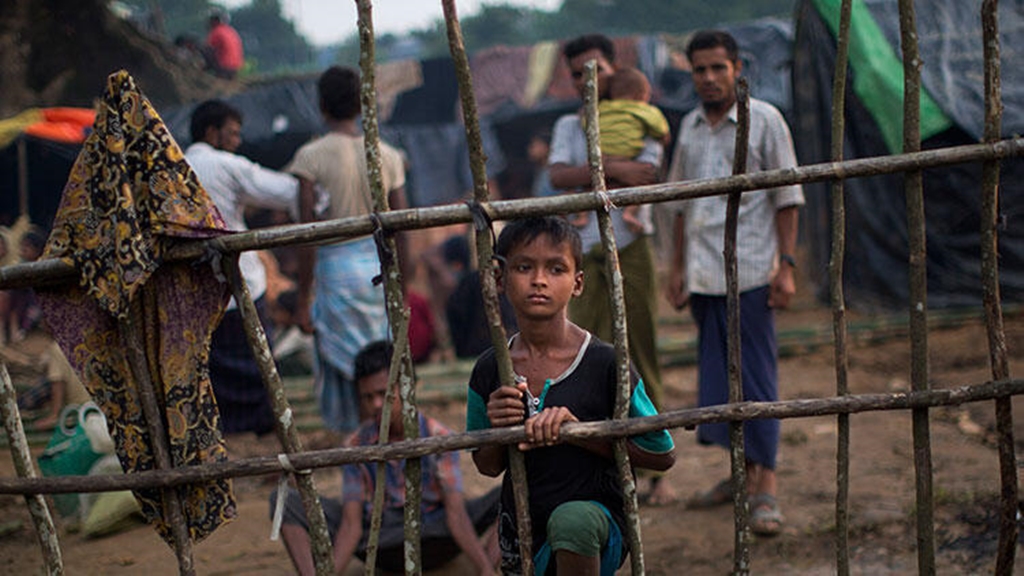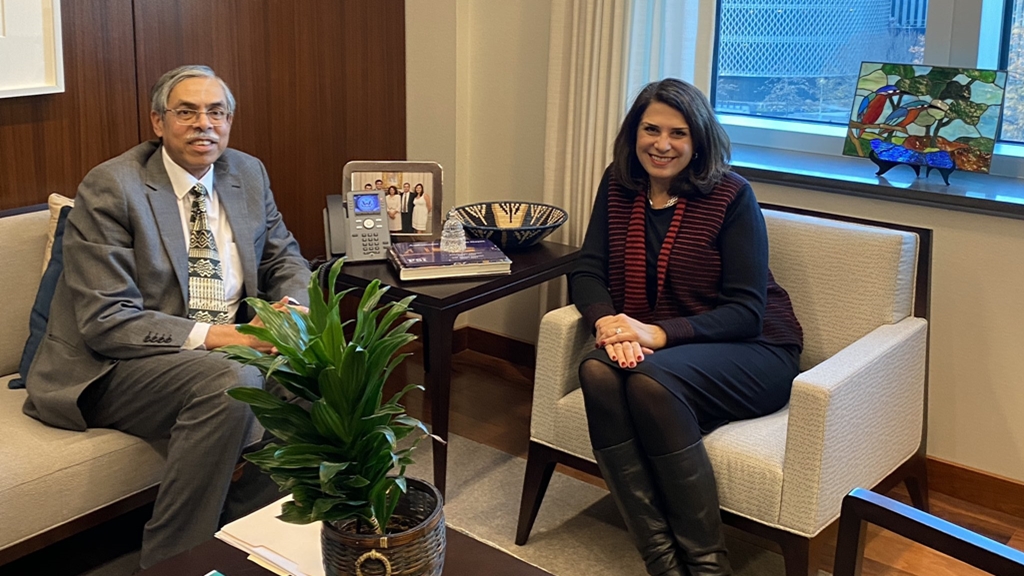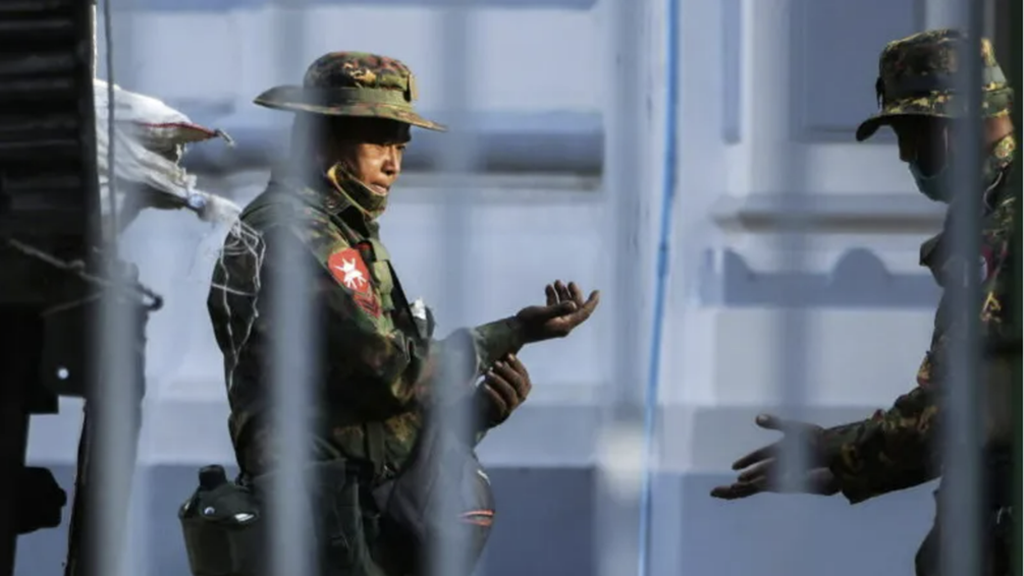
Rohingya cry for help as world turns a blind eye
- 02/09/2020
- 0
By Hazal Özcan, Hurriyet Daily News
As this month marks the third anniversary of more than 730,000 Rohingya fleeing from Myanmar’s Rakhine State to Bangladesh, which resulted from a military-led crackdown, Rohingya refugees still face many humanitarian issues at the camps.
“Three years after the Myanmar military drove these hundreds of thousands of Rohingya people out of their homes in the Northern Rakhine state to refugee camps in Bangladesh, they have had no place to call it their home, no place to study and no work to meet their ends,” told Hammadi, South Asia Campaigner at Amnesty International to daily Hürriyet.
“More than 300 Rohingya refugees are currently in the confinement of a remote silt island, where many Rohingya refugees are struggling to feel comfortable about relocating,” Hammadi added.
Most of the nearly 1 million Rohingya in Bangladesh live in five camps. Half of the refugees are children, and there are more women than men in the camps. Over 700,000 live in the world’s largest and most densely populated refugee camp, Kutupalong.
Most of the Rohingya refugees live in shelters made of bamboo and plastic sheets. International organizations, aid groups and the Bangladeshi government provide basic necessities to the people at the camps.
Nevertheless, Hammadi said that despite the humanitarian assistance, Rohingya refugees still face severe restrictions on their human rights.
“Including limited access to healthcare during a pandemic, due to language barrier, ill-treatment from some medical staff and lack of access to information about the availability of services,” he said.
Hammadi also called on the Bangladeshi government and the international community to prioritize human rights “at the heart of their response.”
“This can only happen when the Rohingya refugees have a voice in the decisions that affect them,” said Hammadi.
Three years ago, Muslim insurgents raided 30 police posts and an army base in Rakhine State. At least 12 members of the security forces were killed, the army and government said at the time.
The Myanmar military responded immediately with a sweeping crackdown in Rohingya areas that forced the 730,000 villagers to flee to Bangladesh, where they remain in camps.
U.N. investigators later concluded the Myanmar military campaign was executed with “genocidal intent.” Myanmar denies that by saying that the army was battling with an insurgency.
Many investigations launched for the Rohingya people have been completed with no concrete response and with no penalties against the perpetrators.
Bangladesh and Myanmar have agreed to complete the return of the refugees but attempts to get a repatriation process going that has failed as refugees refuse to go back out of fear of more violence.







